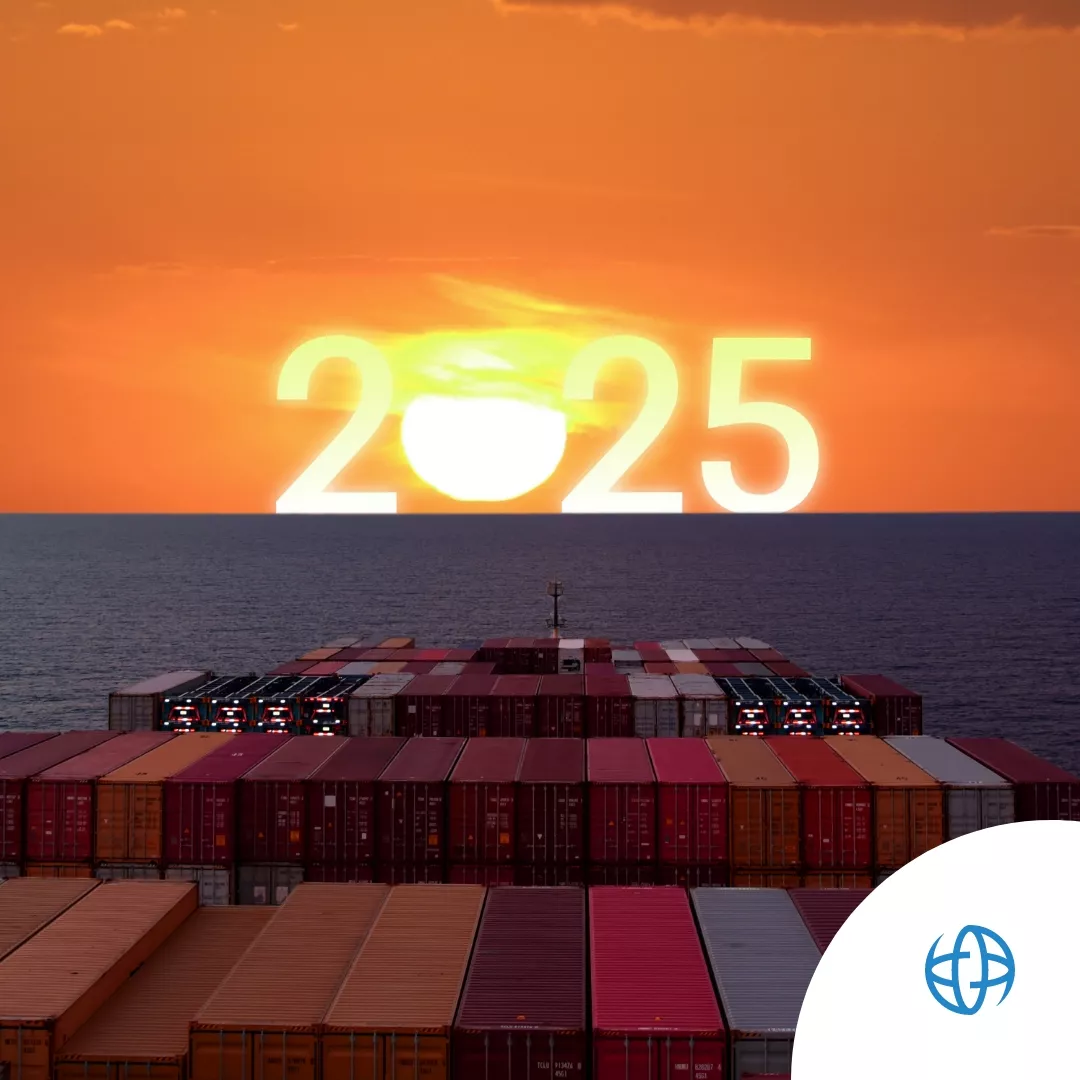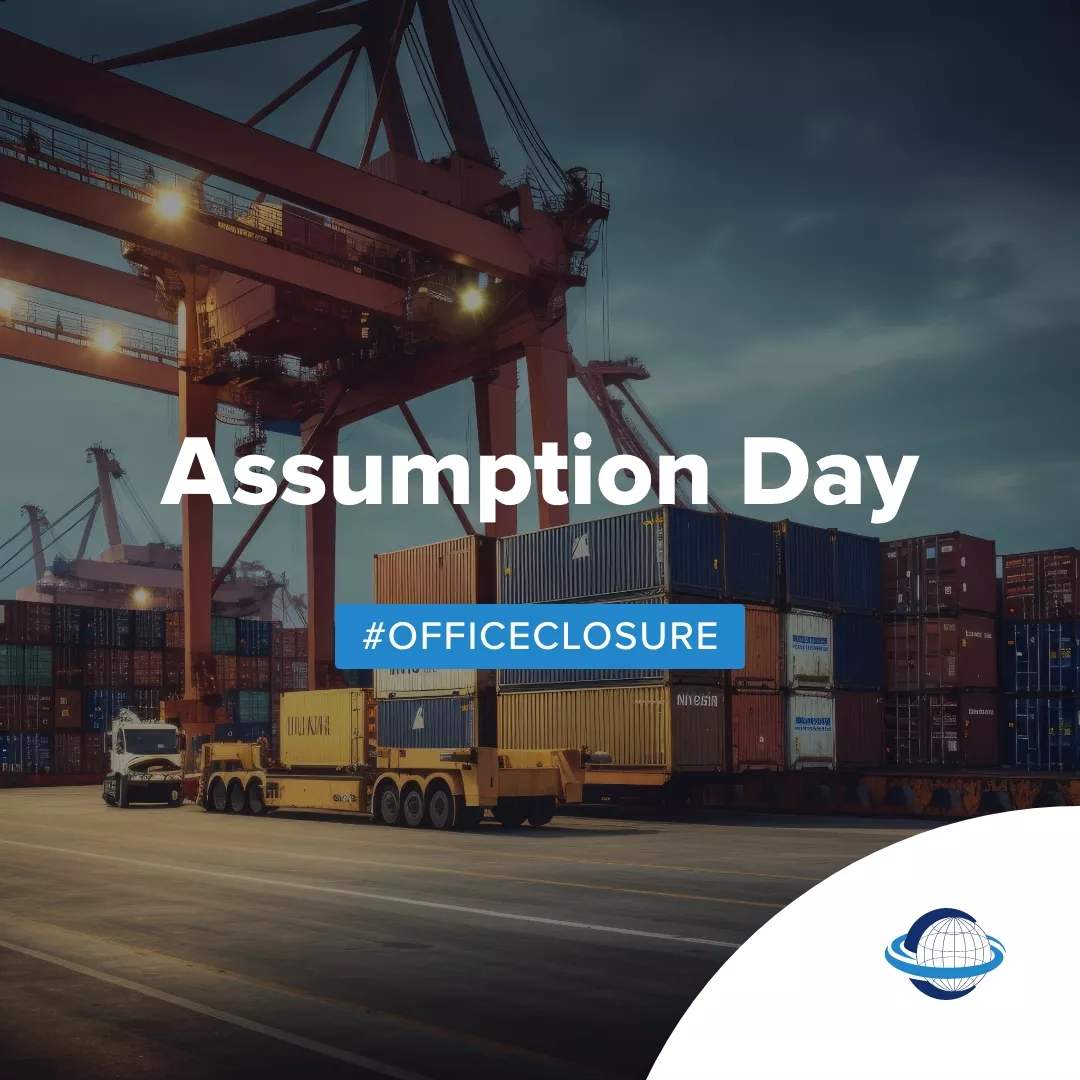Understanding general average
A Crucial Maritime Concept
Shipping involves many complexities, and one of the most important yet lesser-known terms is general average. This principle plays a crucial role in maritime risks, affecting both shipowners and cargo owners. In this post, we’ll explain what it means and how it works.
The Principle of General Average
General average is a principle in maritime law that ensures fairness when sacrifices are made to save a ship or its cargo from danger. If a shipowner voluntarily sacrifices part of the ship or cargo to avoid disaster, all parties involved in the voyage must share the resulting costs proportionally. This prevents one party from bearing the financial loss alone, even if they did not cause the issue.
"In essence, general average is a form of shared responsibility."
Ever Given: An Example of General Average in Action
A real-world example of this principle occurred during the famous Ever Given incident, where the ship blocked the Suez Canal in 2021. After it was freed, the shipping company declared general average . This meant the cargo owners had to contribute to the costs of the salvage operation, even though their goods were not directly involved in causing the issue. The principle ensured that no single party bore the full burden of the financial losses resulting from the blockage.
In essence, general average is a form of shared responsibility, ensuring that no single party is unfairly burdened by actions taken to protect the entire voyage. It’s a critical part of maritime law, protecting the interests of everyone involved when things don’t go according to plan at sea. When taking out cargo insurance, make sure that general average is also covered. At Embassy Freight, we ensure this is included as standard.
Read other Posts
See what we specialize in and how we do it






















